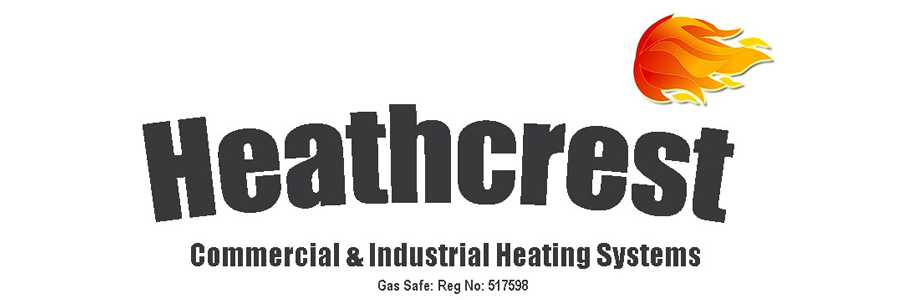Carbon Monoxide (CO) can be produced whenever fossil fuels are burned at inadequately high temperatures. You can’t see, taste or smell CO, but it can kill quickly without warning, so it is important that the risks are fully understood.
Oil and gas are particularly popular in heating commercial spaces and for generating large, cost effective, supplies of hot water. It is important to state that carbon-based fuels including gas, oil, wood and coal are perfectly safe, as long as certain precautions are taken in their use.
Every year people die from CO poisoning caused by gas appliances and flues that have not been properly installed, maintained or that are poorly ventilated. Levels that do not kill can cause serious harm to health if breathed in over a long period. In extreme cases paralysis and brain damage can be caused as a result of prolonged exposure to CO.
Carbon monoxide can be lethal at concentrations of 1000 ppm (0.1%). However, at several hundred ppm, carbon monoxide exposure induces headaches, fatigue, nausea, and vomiting. Carbon monoxide binds with hemoglobin in the blood, forming carboxyhemoglobin, thereby reducing the blood’s ability to transport oxygen.
The primary health concerns associated with carbon monoxide exposure are its cardiovascular and neurobehavioral effects. Carbon monoxide can also cause atherosclerosis (hardening of arteries) and can trigger heart attacks.
Neurologically, carbon monoxide exposure can reduce hand to eye coordination, performance and time awareness.
What to look for:
- Poor inspection/maintenance records of boilers/heaters
- Yellow or orange rather than blue flames
- Soot or yellow/brown staining around or on appliances
- Pilot lights that frequently blow out
- Increased condensation inside windows
What to do if you are concerned that you may have a faulty gas appliance:
- Call the National Gas Emergency Service on 0800 111 999
- Switch off the appliance and shut off the gas supply at the meter control valve
- Open all doors and windows to ventilate the room
- Seek medical aid if you believe you or someone else may have been exposed to carbon monoxide
- Arrange an inspection from a registered Gas Safe engineer

